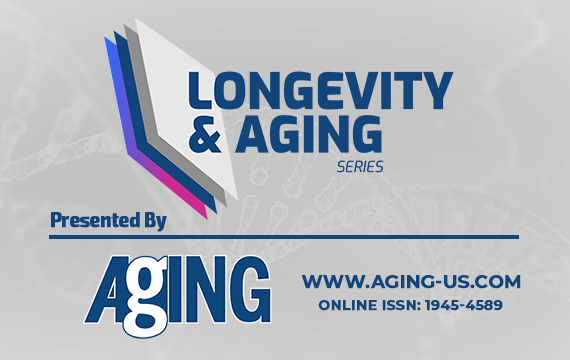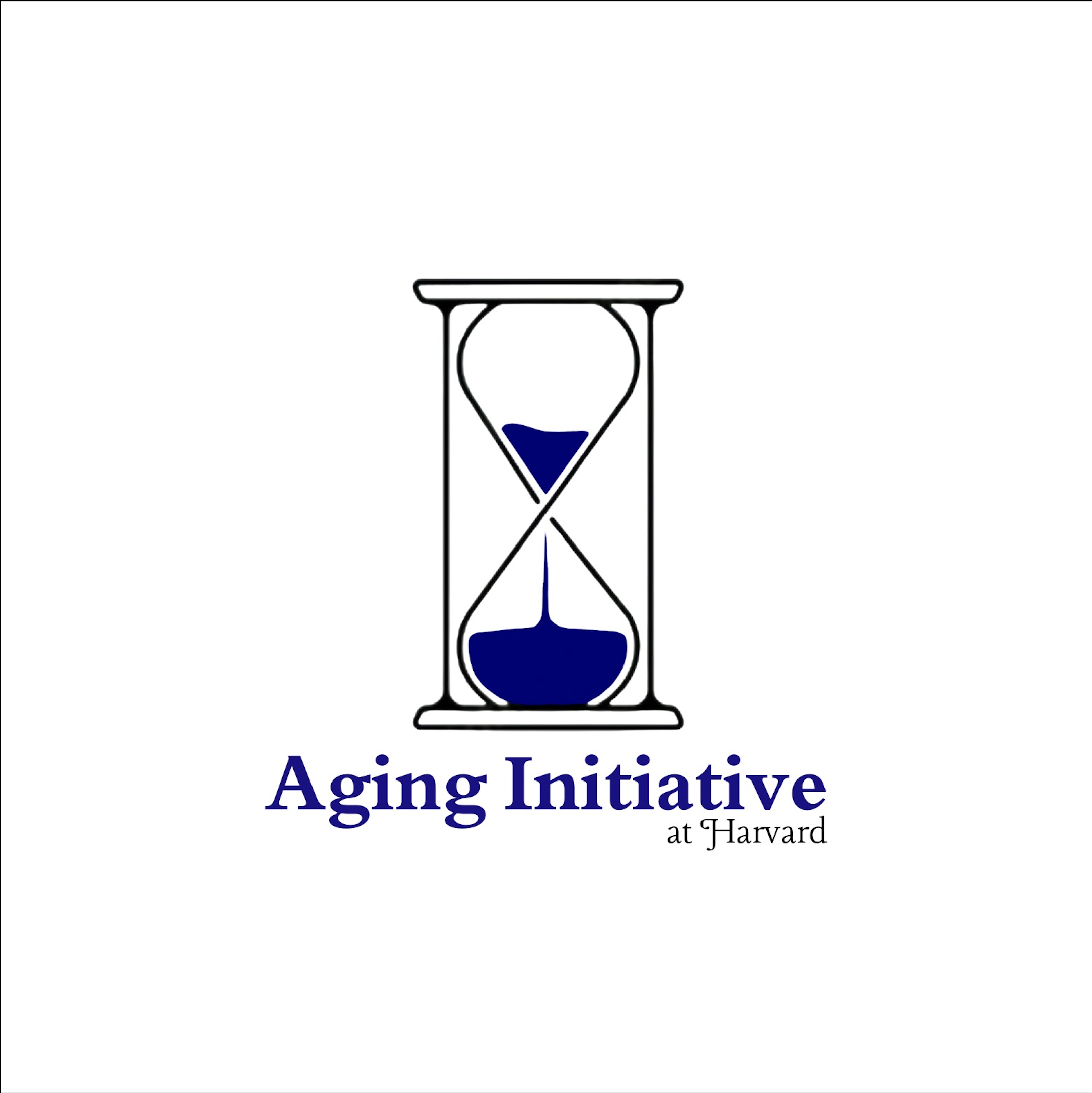Research Paper Volume 13, Issue 24 pp 26034—26045
rTMS alleviates AD-induced cognitive impairment by inhibitng apoptosis in SAMP8 mouse
- 1 School of Public Health, North China University of Science and Technology, Tangshan 063210, Hebei Province, P.R. China
- 2 Child Health Division, Tongzhou Maternal and Child Health Hospital of Beijing, Beijing 101101, P.R. China
- 3 College of Life Science, North China University of Science and Technology, Tangshan 063210, Hebei, P.R. China
- 4 Langfang Guangyang District People's Hospital, Langfang 065099, Hebei, P.R. China
Received: July 5, 2021 Accepted: December 3, 2021 Published: December 29, 2021
https://doi.org/10.18632/aging.203796How to Cite
Copyright: © 2021 Bao et al. This is an open access article distributed under the terms of the Creative Commons Attribution License (CC BY 3.0), which permits unrestricted use, distribution, and reproduction in any medium, provided the original author and source are credited.
Abstract
This study sought to investigate whether repetitive transcranial magnetic stimulation (rTMS) could alleviate cognitive dysfunction in SAMP8 mice by reducing cell apoptosis and activating the cAMP/PKA/CREB signalling pathway. A total of 40 SAMP8 mice were randomly assigned to the SAMP8 group (n=20), and rTMS treatment group (rTMS+SAMP8, n=20); additionally, 20 homologous and normal aged SAMR1 mice were used as the control group(n=20). The Morris water maze and Y maze tests were applied to evaluate spatial learning and memory ability. Haematoxylin and eosin (HE) staining and terminal-deoxynucleotidyl transferase-mediated nick end labelling (TUNEL) were used to observe the changes in neurons in the cortex and hippocampus. Western blotting and RT-PCR were used to detect signalling related proteins. rTMS significantly improved spatial learning and memory deficits and morphological abnormalities in the hippocampus region of the hippocampus. In addition, rTMS reduced apoptosis of neurons caused by AD and the expression of pro-apoptotic proteins (Caspase-3 and Bax) and increased the expression of an antiapoptotic protein (Bcl-2). Furthermore, rTMS activated the cAMP/PKA/CREB signalling pathway. These results showed that rTMS could ameliorate cognitive deficits in AD mice by inhibiting apoptosis via activation the cAMP/PKA/CREB signalling pathway.
Abbreviations
rTMS: repetitive transcranial magnetic stimulation; MWM: Morris water maze; HE: hematoxylin-eosin; TUNEL: terminal-deoxynucleotidyl transferase-mediated nick end labelling.




